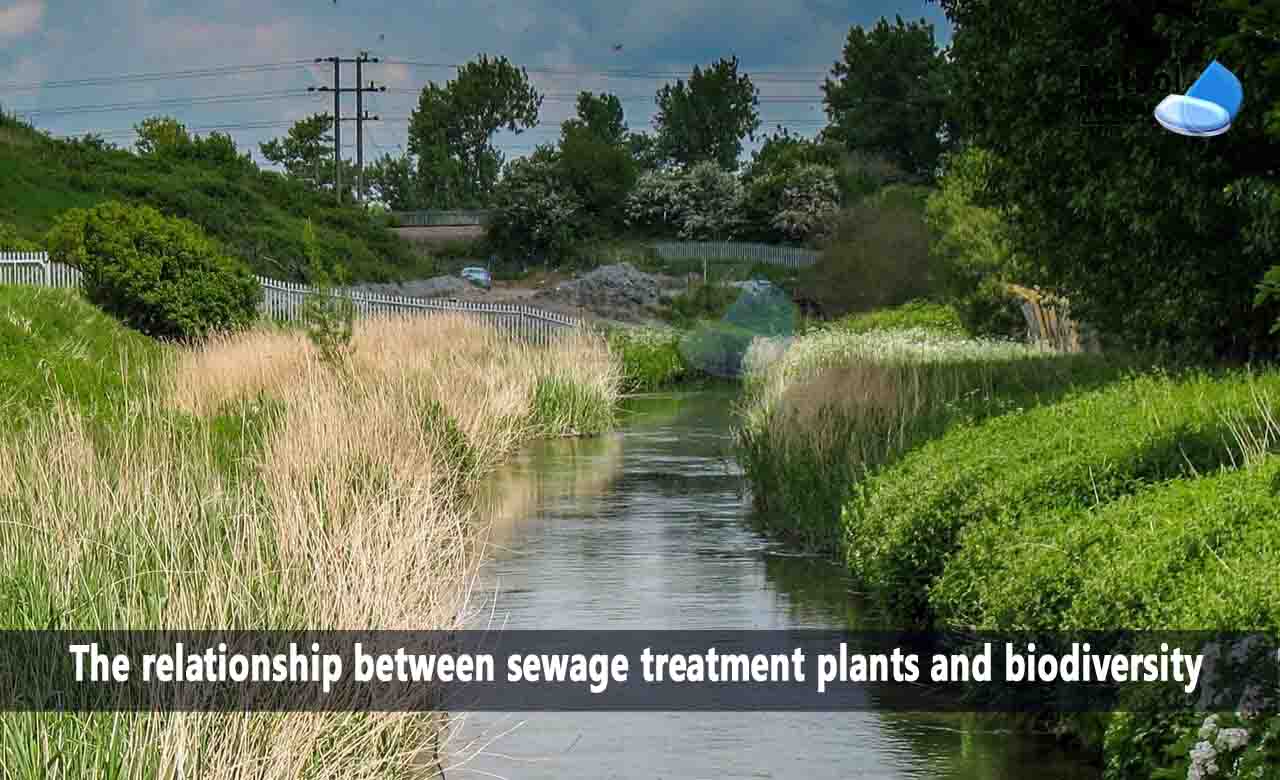What is the relationship between STP Plants and biodiversity?
Sewage treatment plants (STPs) play a vital role in managing and treating wastewater to protect human health and the environment. However, the operation of STPs can have significant impacts on aquatic ecosystems and biodiversity. As we strive for sustainable development, it becomes imperative to understand and mitigate the potential ecological consequences of sewage treatment.
Now we will explore the relationship between sewage treatment plants and biodiversity, and discuss strategies to mitigate their impacts on aquatic ecosystems.
The Importance of Biodiversity in Aquatic Ecosystems
Aquatic ecosystems, such as rivers, lakes, and wetlands, support a rich diversity of species and provide essential ecological services. Biodiversity plays a crucial role in maintaining the balance of these ecosystems, including nutrient cycling, water purification, and habitat provision. It is essential to safeguard and preserve biodiversity to ensure the resilience and functionality of aquatic ecosystems.
Impacts of Sewage Treatment Plants on Aquatic Biodiversity
a. Altered Water Quality: Sewage treatment plants release effluents containing nutrients, organic matter, and potentially harmful substances into water bodies. Excessive nutrient levels, such as nitrogen and phosphorus, can lead to eutrophication, harmful algal blooms, and oxygen depletion, impacting aquatic plants, fish, and invertebrates.
b. Disruption of Aquatic Habitats: Construction and operation of STPs can result in habitat loss and alteration. Wetlands and riparian areas are often modified or destroyed to make way for treatment infrastructure, affecting the availability of critical habitats for aquatic species.
c. Chemical Contamination: Sewage treatment processes may not remove all contaminants from wastewater, leading to the release of trace chemicals and pharmaceutical residues into receiving water bodies. These substances can have adverse effects on aquatic organisms, including fish, amphibians, and invertebrates.
Mitigation Strategies for Sewage Treatment Plants
a. Advanced Treatment Technologies: Implementing advanced treatment technologies, such as tertiary treatment processes and advanced oxidation, can enhance the removal of nutrients and contaminants from wastewater. These technologies help minimize the ecological impacts of treated effluents on aquatic ecosystems.
b. Habitat Restoration: Incorporating habitat restoration initiatives within and around STP sites can help offset habitat losses. Creating or rehabilitating wetlands, constructing artificial reefs, and planting native vegetation can provide new habitats and support the recovery of aquatic biodiversity.
c. Monitoring and Research: Regular monitoring of water quality, biological indicators, and biodiversity is crucial to assess the impacts of STPs on aquatic ecosystems. Research studies can provide valuable insights into the ecological effects of specific treatment processes and guide the development of effective mitigation measures.
d. Public Awareness and Education: Raising public awareness about the importance of wastewater management and its ecological impacts is vital. Promoting responsible wastewater disposal practices, water conservation, and the understanding of the link between sewage treatment and biodiversity can foster a culture of environmental stewardship.
Collaborative Approaches and Policy Support
Addressing the impacts of STPs on biodiversity requires collaborative efforts between water management authorities, environmental organizations, and the community. Encouraging partnerships and stakeholder involvement can lead to the development of comprehensive mitigation strategies. Additionally, policy support and regulations that prioritize the protection of aquatic biodiversity and promote sustainable sewage treatment practices are essential.
Summary:
Sewage treatment plants play a critical role in managing wastewater, but their operation can have significant impacts on aquatic ecosystems and biodiversity. By implementing advanced treatment technologies, restoring habitats, conducting monitoring and research, promoting public awareness, and fostering collaborative approaches, we can mitigate the ecological consequences of sewage treatment on aquatic biodiversity. Striving for sustainable sewage treatment practices is essential to ensure the long-term health and resilience of our precious aquatic ecosystems.
Netsol Water is Greater Noida-based leading water & wastewater treatment plant manufacturer. We are industry's most demanding company based on client review and work quality. We are known as best commercial RO plant manufacturers, industrial RO plant manufacturer, sewage treatment plant manufacturer, Water Softener Plant Manufacturers and effluent treatment plant manufacturers. Apart from this 24x7 customer support is our USP. Call on +91-9650608473, or write us at enquiry@netsolwater.com for any support, inquiry or product-purchase related query.



